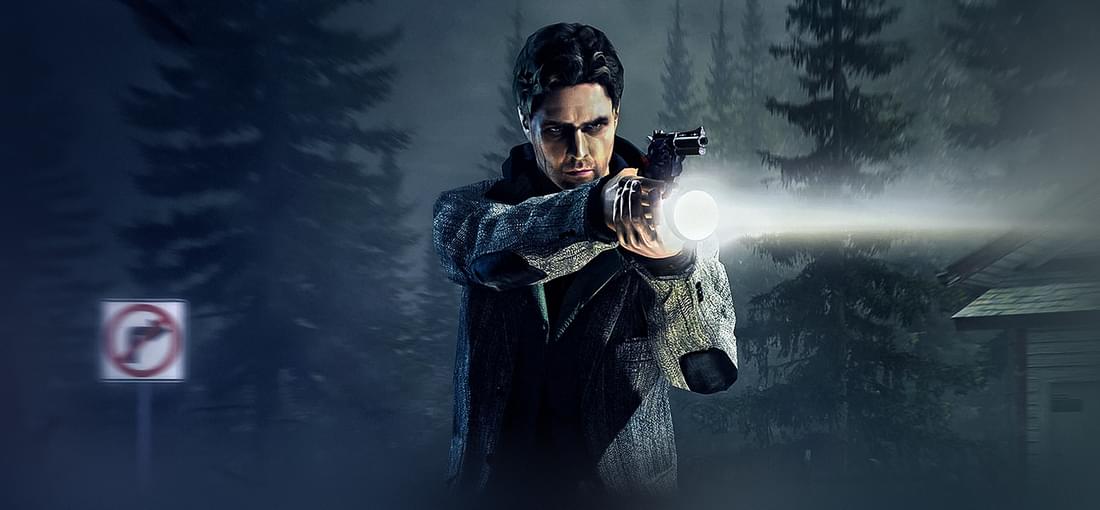

TL;DR: A grim, touching narrative adventure about death, trauma, and learning to live again. Great atmosphere and storytelling, but obviously made by a small team with nearly no funding. You play as Susan, the titular cat lady, and the game immediately cuts to the chase; our protagonist has purposefully downed a lethal dose of drugs and is losing consciousness. It's a jarring opening, presented so humanly and unflinchingly that I originally had to step away from the game and come back when I was in a better headspace. I won't spoil the plot, but obviously this is not the end for Susan. While the story does stray into the fantastical throughout, it manages to keep itself grounded with relatable characters in heavy situations. I won't say it's a masterpiece of unprecedented genius, but the writers manage to walk an impressive tightrope of content that is varyingly upsetting, touching, and ever so slightly goofy. A quick glance at screenshots of this game should tell you if you're going to enjoy its sense of style. I think it's best described as a collage of pictures that don't all quite mesh. Character sprites switch between pixel art and looking like low-res photos. Background images look like they've been lifted and recolored. I think it works, keeping environments unsettling without standing out, but I'd also expect this to be the most subjective point of argument. There is full voice acting, and for the two main characters it's relatively good, but others sound more amateurish, and there is some obviously cheap recording gear in use. I didn't find this too jarring, but it is noticeable, and will undoubtedly put off some players. The Cat Lady is a bona fide cult classic, and I can see why so many love it despite the team's obvious lack of resources. If you're in the mood for a creepy story about the best and worst of humanity, this is an excellent entry to kick off spooky season, and I'm looking forward to working my way through the rest of the series.

TL;DR: Come for the cool story and creative atmosphere, but don't expect groundbreaking fun. This game is a pretty good argument for the idea that without compelling gameplay, a great story can only carry a game so far. A dark tale about otherworldly forces clawing their way into our reality, Alan Wake straddles the line between standard 3rd-person shooter and survival horror. Its unique mechanic is that enemies must first be stripped of their protective darkness with a light source before they can be dispatched. Ammo, health, and battery management are important, but in most sections you'll have more than enough resources, which keeps things from feeling too tense. The combat is only OK, and rarely adds new ideas, so gets stale before long. Luckily the game isn't overlong, and it's episodic presentation encourages playing in spurts rather than a marathon. There are fun multimedia bonuses to encounter sprinkled through the levels, and they really add a lot of flavor. Without these creative set decorations and the compelling story this game would definitely be forgettable. The two DLC chapters are interesting and spice up enemy encounters a little via a new mechanic, but the story is nothing special, leaving the ending of the main game without any meaningful changes. Overall, this game was compelling, and I loved the presentation and story, but found myself tired of the actual gaming sections long before finishing it. I recommend it, but not without some hesitation.
I never got into this series when it was new, and have recently decided to play through them. After BS1, this game seems somewhat sub-par. The story is fine; the typical mystical nonsense often featured in adventure games. The characters are enjoyable, and it's rewarding to see them return from the first game. The big snag are the puzzles. I've played many adventure games, and the well-written ones give you enough information to figure out what you need to be doing next to progress. BS1 nailed it, and I only needed to grab a hint from the in-game hint system once or twice to figure out where I should be focusing my attention. After that, I was able to use intuitive clues and context to figure everything out. BS2, on the other hand, is chock-full of the types of puzzles that really make no sense. This wasn't too frustrating, since the in-game guide was still present to dole out increasingly blunt hints, but I found I had to rely on it WAY more. The puzzle solutions more often felt like randomly combining inventory and world objects until successful, whereas those of the first game (and other great adventure games) rewarded you with an "Ah-hah!" moment for logical behavior. In short, this game is fun, but taken without the nostalgia that so many reviewers have for the series, it is only so-so.